
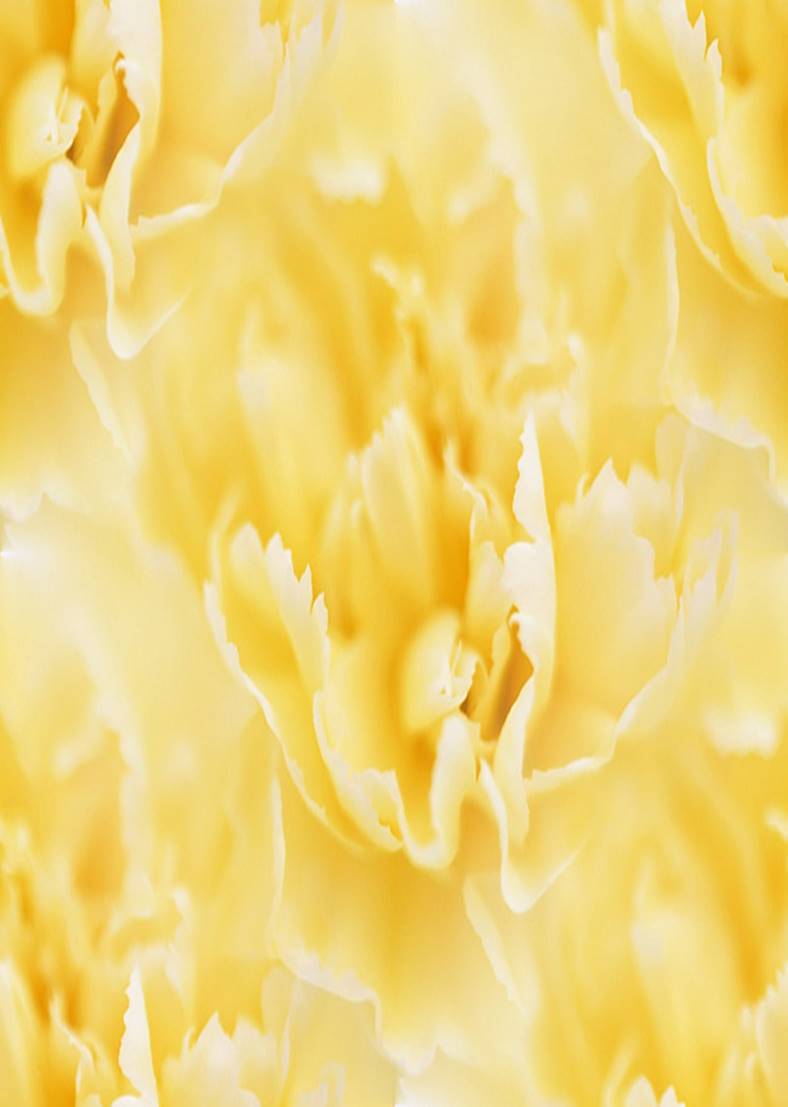 Федеральное
государственное казенное общеобразовательное учреждение «Средняя
общеобразовательная школа №6»
Федеральное
государственное казенное общеобразовательное учреждение «Средняя
общеобразовательная школа №6»
Методическая разработка
планов-конспектов уроков английского языка по теме
«Our planet depends on us».
Учитель английского языка Марупова М.Х.
Рассмотрено и утверждено на ПМО
учителей английского языка
Протокол №1 21.08.2015 г.
Руководитель ПМО
Малыгина Г.А.
Директор ФГКОУ «СОШ №6» Турсунова М.Т.
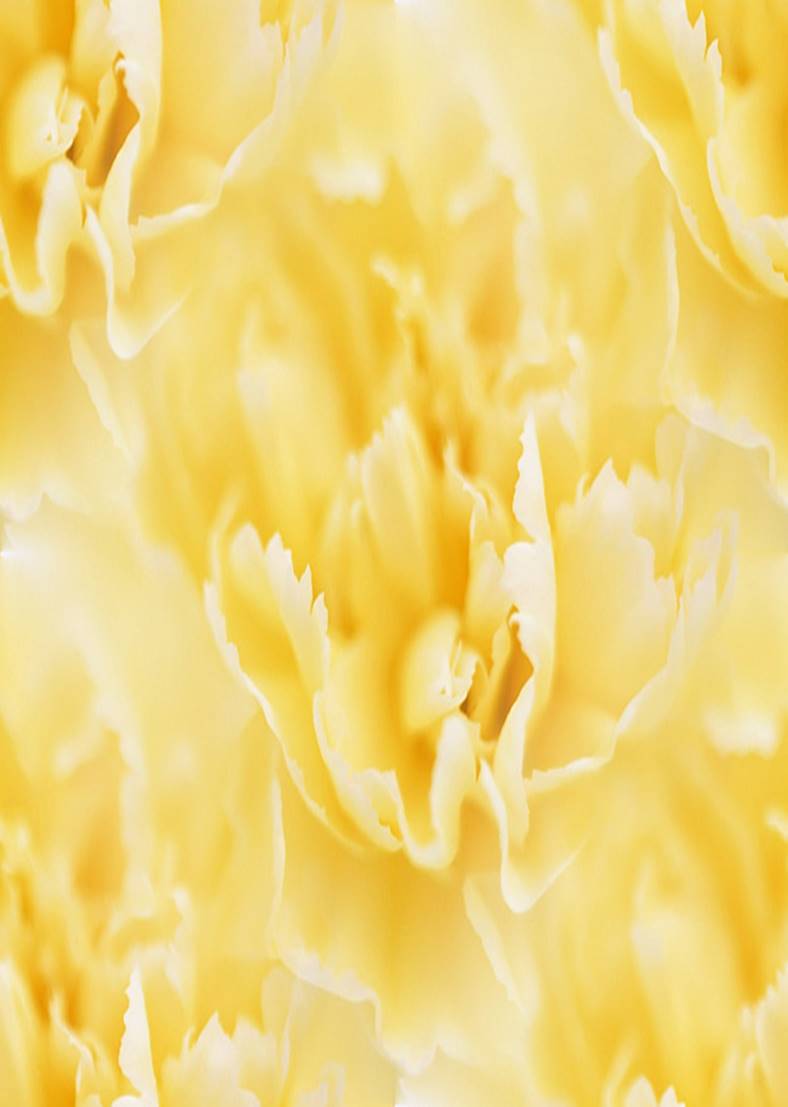
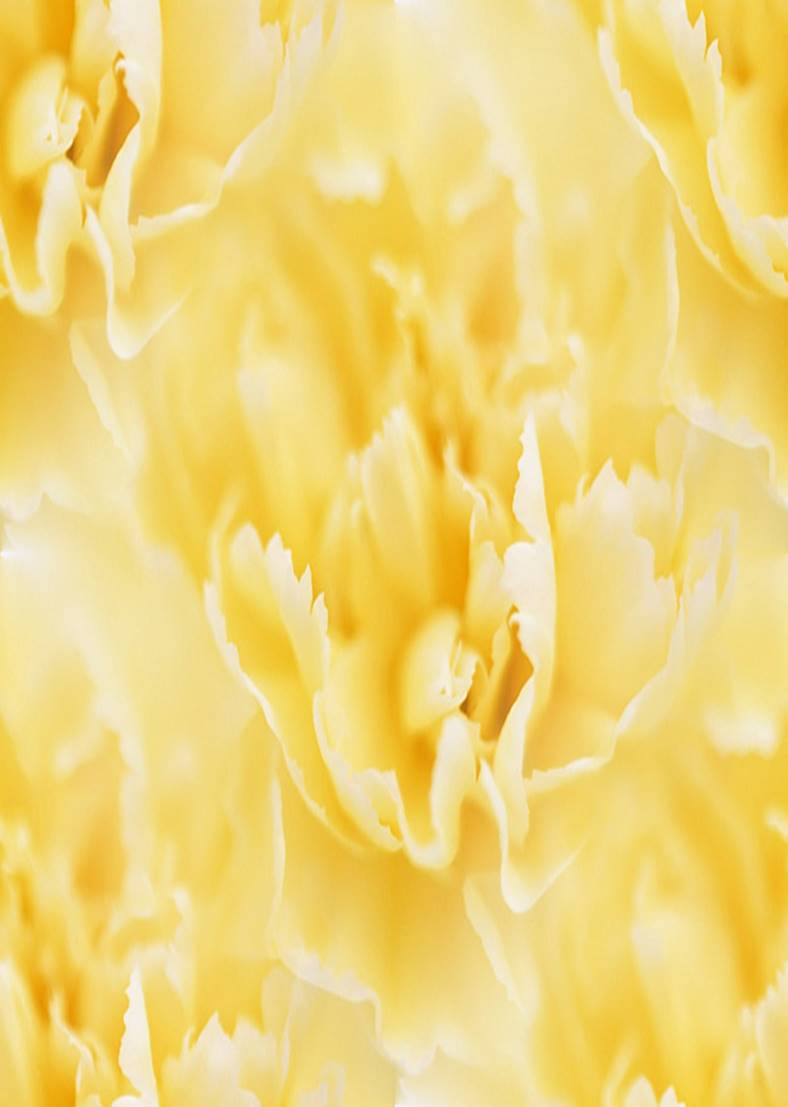 Предлагаемая методическая разработка
содержит серию повторительно-обобщающих уроков по теме «Our planet depends of us» по английскому
языку для 5-9 классов.
Предлагаемая методическая разработка
содержит серию повторительно-обобщающих уроков по теме «Our planet depends of us» по английскому
языку для 5-9 классов.
Повторительно-обобщающие уроки помогут расширить знания учащихся по данной теме, содействуют формированию целостного представления о мире, о его проблемах, стоящих перед человечеством, систематизируют знания и навыки учащихся по предмету.
Данные уроки предназначены для преподавания в 5-9 классах школ, где обучение английскому языку ведется со второго класса.
Содержание.
1. Пояснительная записка.
2. Цели и задачи методической разработки.
3. Структура методической разработки.
4. Содержание
5. Литература.
Пояснительная записка.
Повторительно-обобщающие уроки «Our planet depends on us» предназначен учащимся 5-9 классов общеобразовательных школ. Они направлены на обеспечение возможностей изучения английского языка, одновременно с изучением экологических проблем современного мира. В последовательности уроков учащиеся развивают навыки и умения чтения, говорения, письма и навыки аудирования. Повторительно=обобщающие уроки помогут учащимся закрепить и улучшить свои знания по теме «Экология», способствуют развитию памяти, внимания и коммуникабельности. Основная цель данных уроков – систематизировать и активизировать знания учащихся по английскому языку.
Цели и задачи методической разработки.
Цели уроков: содействовать формированию целостного представления о мире, об общих проблемах, стоящих перед человечеством в XXI веке, систематизировать и обобщить знания учащихся по данной теме.
Задачи уроков:
Учебные: формировать лексико-грамматические навыки и умения, закрепить знания языкового материала, расширять словарный запас посредством языковой догадки, формировать навыки говорения на основе темы.
Развивающие: развивать способность к сравнению, оперативную память, внимание, а также коммуникабельность. Умение выражать свое отношение к теме, умение анализировать проблемные ситуации.
Воспитательные: формировать уважительное и ответственное отношение к природе, воспитывать бережливость и понимание роли человека в взаимодействии с природой, осознать экологические проблемы и желание помочь ей.
Социальная задача: привлечь интерес учащихся к проблемам окружающей среде.
Структура методической разработки. Методическая разработка состоит из 8 уроков по темам:
1.
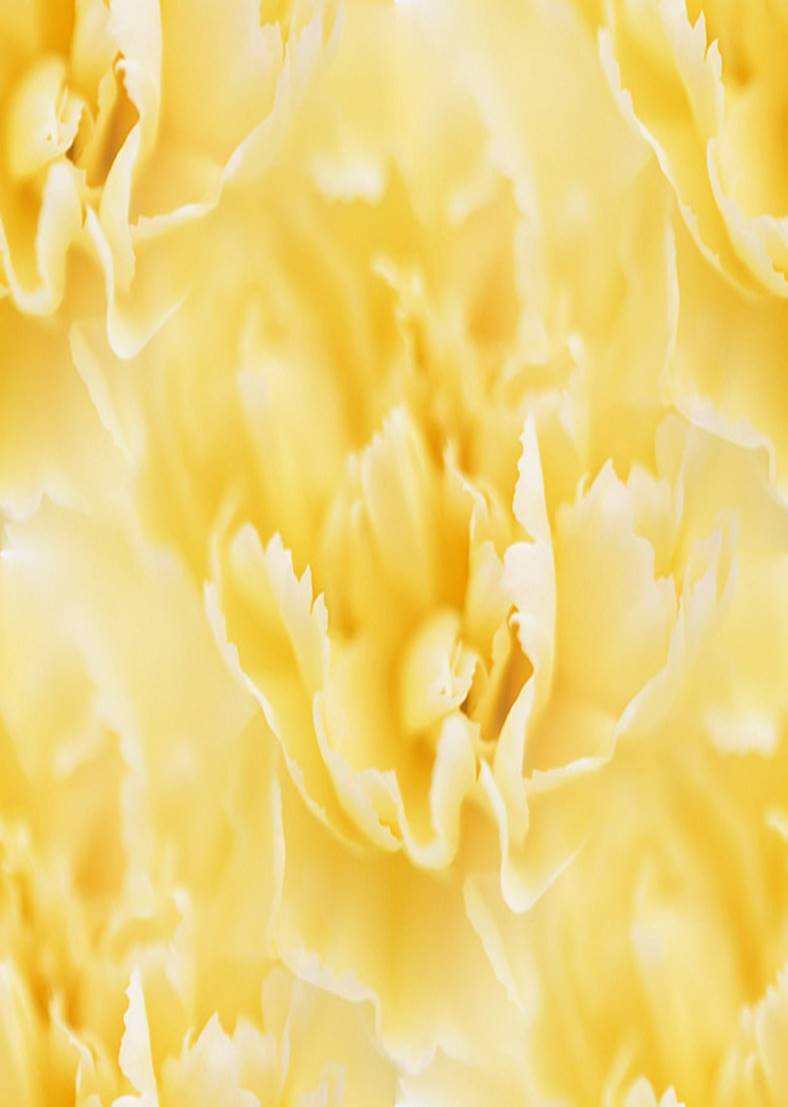 «Окружающая среда.
Проблемы окружающей среды»
«Окружающая среда.
Проблемы окружающей среды»
2. «Flowers in our life»
3. «The protection of our nature»
4. «All people are responsible for our planet»
5. «We love our world»
6. «Our planet is in danger»
7. «Save our planet»
8. «Man and nature world»
В начале каждого урока определены цели урока, выделены основные понятия и термины, а также обозначен тип урока. В структуре каждого урока даны мотивационные вопросы, цель которых задействовать психологические механизмы самомотивации учащихся, побуждая интерес к изучению английского языка. В конце каждого урока учащиеся побуждены ответить на вопросы рефлексии. Тем самым задуматься о своих успехах изучения английского языка, определив пути преодоления возникших проблем, включить механизм самооценки, выделить личные качества, которые не позволяют открыть себя в полной мере в учебном процессе.
Содержание.
Методическая разработка включает в себя повторительно-обобщающие уроки, которые способствуют формированию готовности учащихся вступать в иноязычное общение, создают условия для развития у обучающихся, умение выражать свои мысли, отношение, оппонировать и защищать свою позицию при беседе по темам. На данных уроках применяются различные виды деятельности для поддержания интереса и предупреждения усталости учащихся. В структуре каждого урока даны задания для развития устной, монологической и диалогической речи учащихся. Произношение звуков, слов, интонация, песни и стихи по теме урока, разнообразные учебные деятельности повышают интерес к уроку. Темы не только познавательные, а также имеют воспитательный момент по таким аспектам, как: здоровое питание, любовь к природе и защита окружающей среды.
Учебно-методическое обеспечение:
1. Книга для учащихся.
2. Раздаточный материал.
3. Интерактивная доска.
4. Ситуативные картинки.
5. Аудиозапись.
6. Магнитофон.
7. Проекты учащихся.
Список литературы.
1. Газета «Первое сентября», 2007 г. №5
2. Учебник «English 5», авторы О.В. Афанасьева, И.В. Михеева.
3. Учебник «English 6» авторы О.В. Афанасьева, И.В. Михеева.
4. Учебник «Happy English 2», авторы Т.Б. Клементьева, Д. Шеннан.
5.
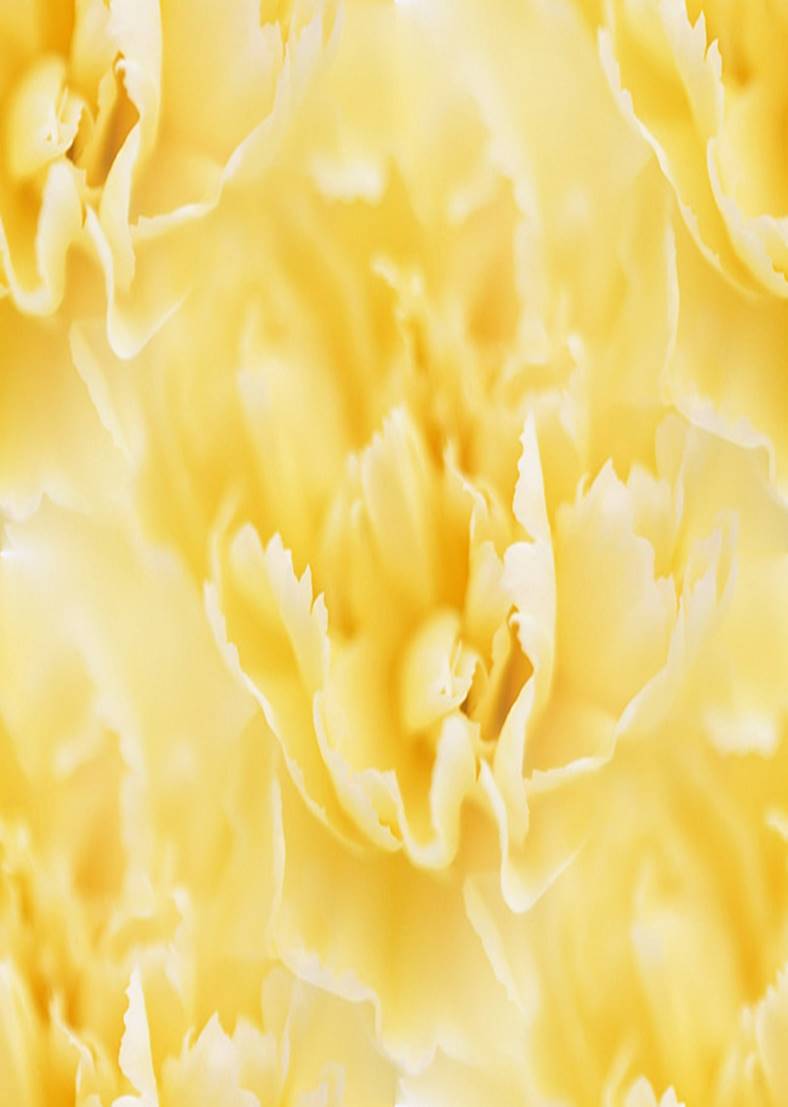 Учебник «Английский
язык 6 Happy English», авторы К. И.
Кауфман, М. Ю. Кауфман.
Учебник «Английский
язык 6 Happy English», авторы К. И.
Кауфман, М. Ю. Кауфман.
6. Книга для учителя «English 8», авторы О.В. Афанасьева, И.В. Михеева.
Тема: “Окружающая среда. Проблемы окружающей среды”
Девиз урока – “If we don’t think about our nature and we pollute it, we will not have 'the future." (John Galsworthy)
(
Цели урока:
1. Развивающая:
Развивать навыки в диалогической и монологической речи.
Развитие способности к сравнению, умозаключению.
Знакомство с экологическими проблемами и пути их решения.
Знакомство с источниками загрязнения атмосферы, выявить главные пути решения проблем окружающей среды.
2. Практическая:
Активизировать изученную лексику в кратких высказываниях.
Закрепить изучений материал в монологической речи учащихся.
3. Воспитательная:
Воспитание уважительного отношения к природе, воспитание бережливости.
Сформировать активную экологическую позицию учащихся по охране окружающей среды. Развивать навыки группового взаимодействия.
Методы и формы учебной деятельности: объяснительно-иллюстративная; практическая; закрепление; словесная.
Тип урока: обобщение и систематизация знаний учащихся по экологии.
Вид нестандартного урока: защита проектов.
Материальное обеспечение:
Ситуативные картинки по теме урока: Слова flash cards, проекты учащихся, аудиозапись, магнитофон, компьютер, раздаточный материал, компьютерная презентация, плакат по теме урока.
Ход урока.
I. Организационный момент. Good morning children. Good morning teacher. I'm glad to see you.
II. Объявление цели и задачи урока учителем. Today we'll speak about our Earth, about the problems of our environment and discuss them together.
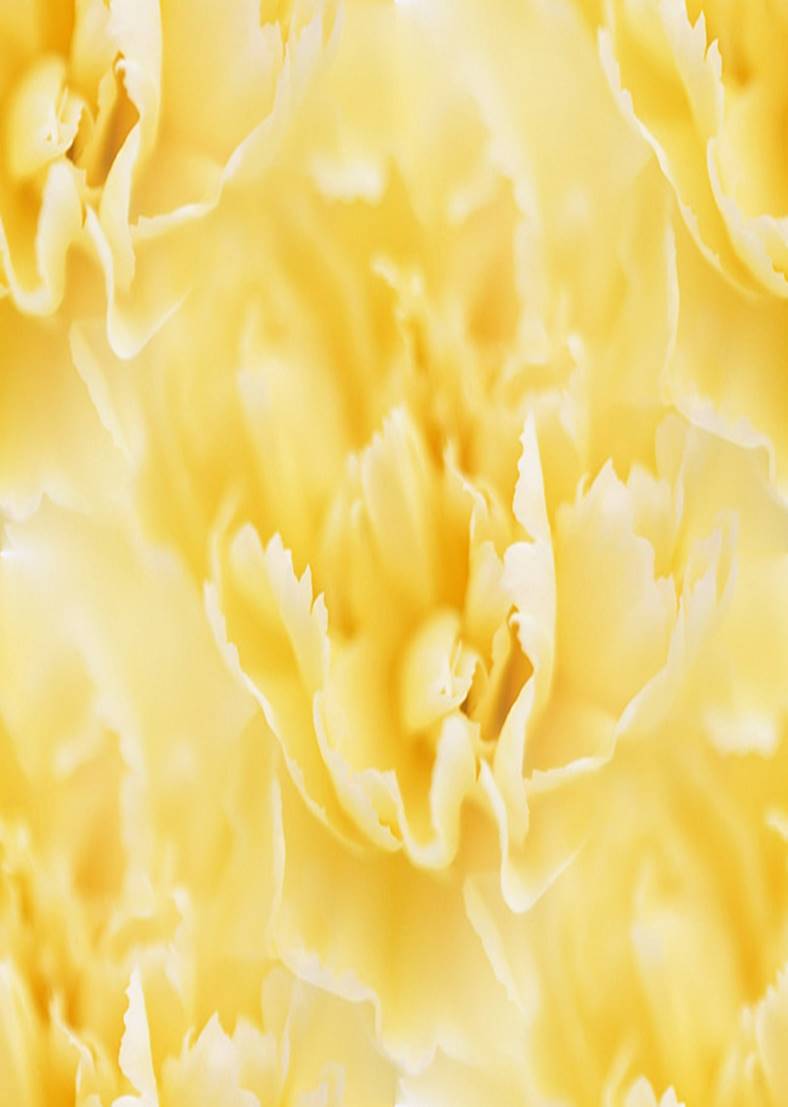 Учитель: — What is the Ecology?
Учитель: — What is the Ecology?
Ученик: — Ecology is a science about connection between alive organs in environment.
Учитель: — What does the word environment mean? (It means simply what is around us. Some people live in a town environments, others in countryside.)
III. Развитие устной речи учащихся:
Учитель: Now answer to my questions please.
а) What environment problems do you know?
б) What makes the sea waters dangerous nowadays?
в) Why is it dangerous to dump industrial waste into the sea?
г) Where does air pollution in the cities mostly come from?
д) Why is it not safe to be in direct sunlight in certain places?
е) What can children do to help the Earth?
ё) What is older: nature or mankind?
IV. Тренировка в переводе словосочетаний.
1. Решать проблемы окружающей среды.
2. Угрожать жизни людей, подвергать жизнь людей опасности.
3. Загрязнение водной среды.
4. Загрязнение воздуха.
5. Красота сельского ландшафта.
6. Использовать в качестве мусорной свалки.
7. Проводить испытания ядерного оружия.
8. Промышленные и ядерные отходы.
9. Покидать места своего обитания.
10. Сливать отходы в реки и озера.
11. Атомные электростанции.
12. Пригодная, не опасная для питья.
Перевод словосочетаний
To solve the environmental problems
Endanger people’s lives
Water pollution
Air pollution
Countryside beauty
Used as a dump
Tests nuclear weapons
Industrial and nuclear waste
Leave the habitats
Waste and pour into rivers
Nuclear power stations
Drinking water
V. Подобрать близкие по значению слова подчеркнутых слов.
1. Jim waited a little before we came.
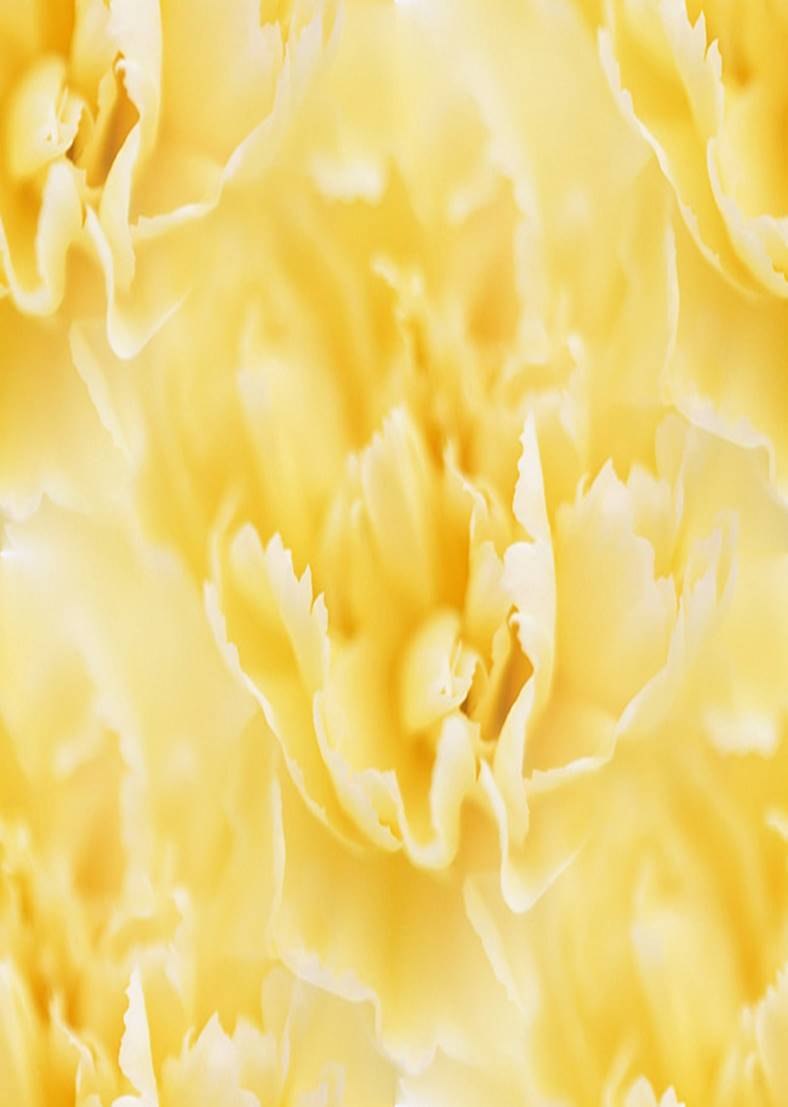 2. People
often speak about the ecological disaster nowadays.
2. People
often speak about the ecological disaster nowadays.
3. Cars and buses make the atmosphere of our city dirty.
4. They were surprised unpleasantly when Sam told lies.
5. The terrible rainstorm ruined some buildings on the form.
|
to ruin a little a crisis help litter to try to make dirty and dangerous to surprise unpleasantly to take away to begin working |
rubbish cooperation a bit to test to spoil a disaster to shock to pollute to set to work to clear away |
VI. Активизация грамматического материала.
(If/when clauses - условные предложения первого типа)
Учитель: When we speak about suggestions and solutions to problems we normally use conditionals type 1 in such sentences. We use “if + present simple + will + bare infinitive”.
|
1) If nuclear power stations go wrong, 2) If people stay indirect sunlight for a long time, 3) If there is no ozone layer in the atmosphere, 4) If people use filters at nuclear power stations, 5) If factories dump their waste in the rivers, 6) If people want to survive, |
a) …we won’t be protected from an ultraviolet radiation. b) … they will clean air again. c) … they will cause nuclear pollution. d) … they we’ll get ultraviolet radiation from the sun. e) … they will solve the environmental problems. f) … they will become dirty and poisoned. |
Учитель: Thank you. Well done.
To sum up our work let’s find out what we should do and what we shouldn’t do. Come here one by one, take any shit of paper you want, read it and say what we should do. (Учащиеся по одному выбирают по карточке и прикрепляют под соответствующую заголовку)
|
— Should Do — — have showers, not bath — plant more trees — be friendly with animals — turn off the lights when you leave a room — make laws to protect air, water, soil… — walk or use the bicycle — solve ecological problems together — use less electricity and gas — clear rubbish from lakes and rivers — feed birds and help them — recycled used materials |
— Shouldn’t Do — — waste water, gas, energy, natural, resources — poison the water, air and soil — frighten animals — turn the planet into a rubbish dump — kill animals for fun — dump or pour industrial waste into rivers, lakes, seas and oceans — harm or hurt animals |
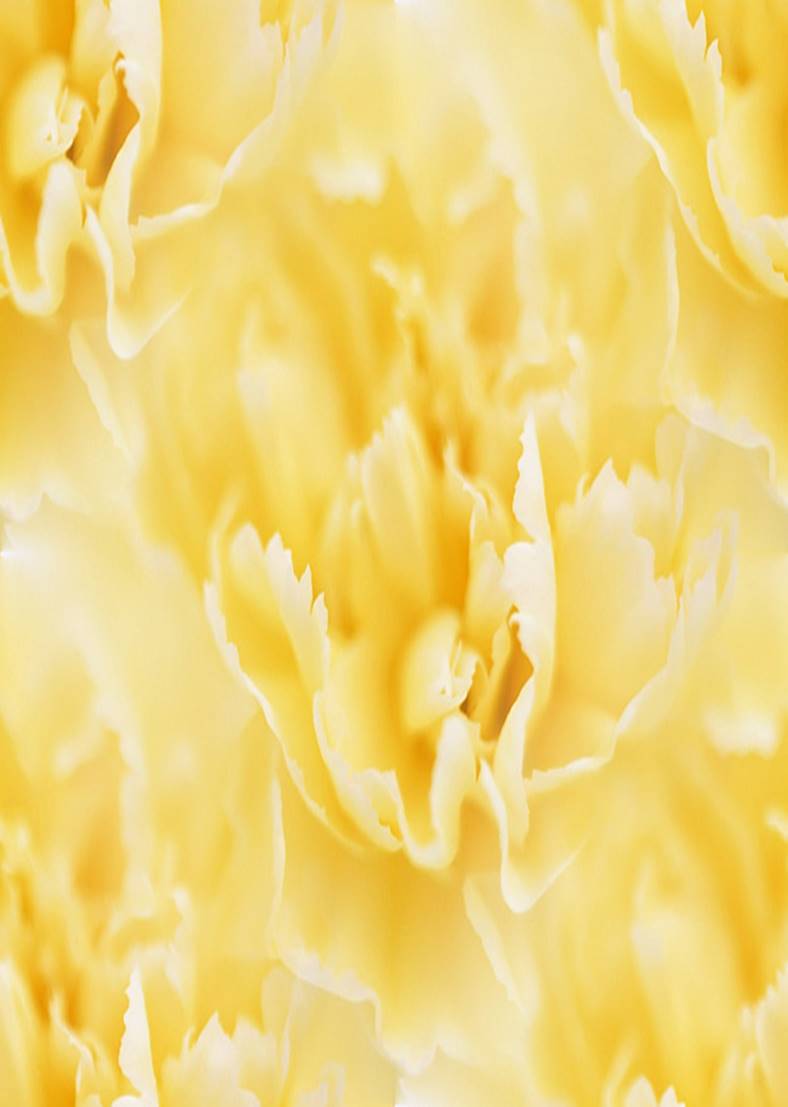 VII. Представление учащимися своих проектов.
VII. Представление учащимися своих проектов.
Ученик 1: — Загрязнение воды и воздуха.
Ученик 2: — Экологические проблемы в нашем родном городе.
Ученик 3: — Кислотный дождь. Его последствия.
Ученик 4: — Мы активисты призываем вас, чтобы мы вместе с нами помогли нашей планете
Ученик 5: — Места обитания редких животных
Ученик 6: — Сообщение "Байкал в опасности
Проекты учащихся
Dirty Water: nearly half of lakes in North America are polluted . Often, companies dump
chemical wastes into water. But scientists are finding a solution to this problem ,too.
Some rivers have been made much cleaner . And there are big plans to clean up the Great Lakes ,
the Chesapeake Bay , the Mississippi River , and other bodies of water.
Air Care: Worldwide , the stinky problems of pollution has grown . More and more factories ,
cars , and trucks add their bad breath to the air .But the battle against air pollution is also growing
Many U.S. cities still have dirty air . So most states are making tougher laws against air pollution
And scientists are looking for ways to make factories and cars run cleaner.
Cleaner Rain : Chemicals called sulfates puff out of coal-burning factories around the world .
When the sulfates mix with clouds , acid rain falls and harms lakes , rivers and plants-and the
creatures that need them . Also , the wind blows the air around . So, sulfates from one place can
fall as many miles away.
Animals in Danger: People have lived on our planet for many years .
They lived and live on different continents in different countries . People depend on their planet
, on the sun , on animals and plants around them . Today let’s read and speak about some animals
on our plant the Earth .
Many animals and birds on the Earth are disappearing . Many of them are in danger . Indian
tigers and African elephants are among them. People have hunted and killed many tigers
in India and a lot of elephants in Africa .Tigers and elephants are often dangerous animals .
Tigers can kill cows ,sheep , often dangerous animal and sometimes they can also kill men .
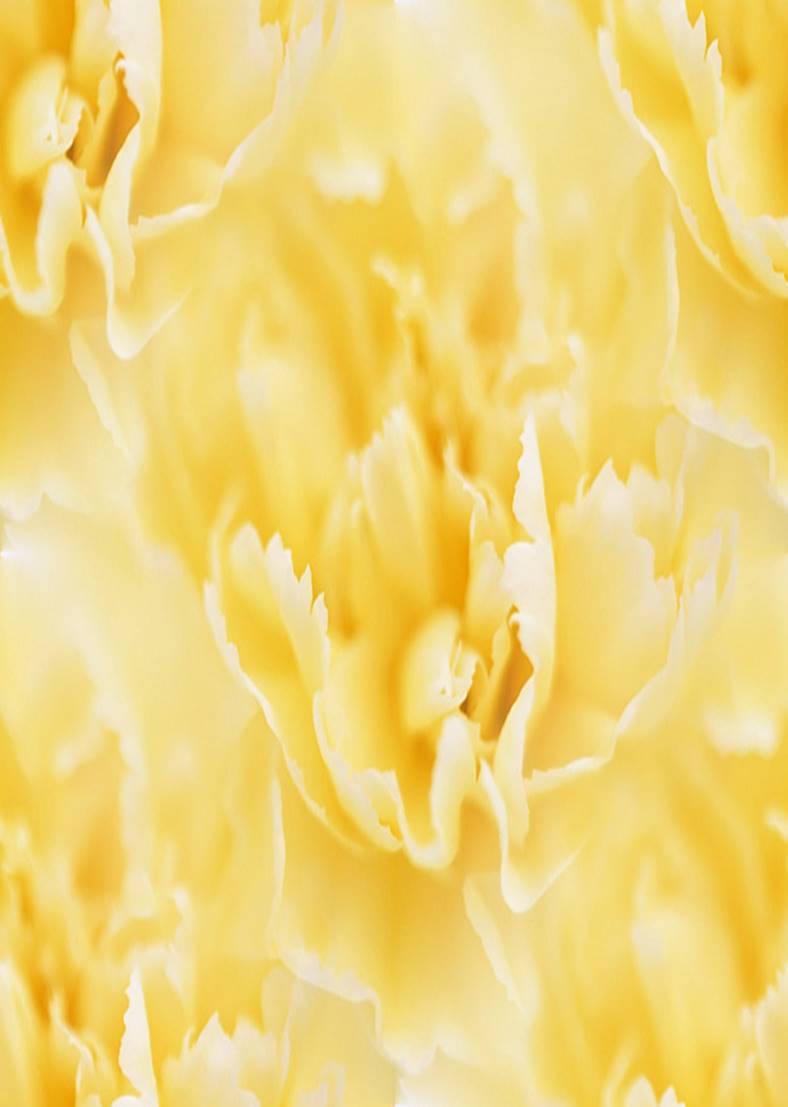 Some people are afraid of tigers and for and kill them to save
their domestic animals and their
Some people are afraid of tigers and for and kill them to save
their domestic animals and their
lives . But some people have often hunted tigers for fun and for their beautiful skin . The can
easily sell the skin and get a lot of money as the price are high . People must take special care of
them all.
Lake Baikal: Water is very important for life on Earth . It is in our oceans ,seas rivers and lakes .
There is a lot of water on our plant and at the same time there is little water on it . This is because
very little water on Earth is good for drinking . In many rivers and lakes the water is very dirty.
Sometimes people cannot swim even in the sea because the sea and the seaside are not clean .
In many places the water is not drinkable and it is dangerous to use it when you cool. Even fish
die in such water. Lake Baikal is the deepest freshwater lake on Earth . It is 1741 meters deep .
The lake is very beautiful but now it is in great danger , because of the factories which are near
it . In some place the water in the lake is so dirty that it kills the animals and plants in Baikal and
around it .
Noise is a special kind of environmental pollution. It made by traffic in the city, trains, planes
Sea and river boats. Noise influences the health of people. Scientists have found new ways to
Reduce noise and vibration levels.
The Earth is surrounded by a blanket of invisible gases, that act just like a greenhouse. The sun
Shines in, and the blanket of gases traps the heat like a roof, keeping it close to the planet. That’s
Good we can not live without warmth. factories, electric power plants, and cars are making a lot
of new gases. These new gases are trapping more and more of the suns heat.
VIII. Физкультминутка.
IX. Актуализация ранее изученной лексики.
Match two columns to get a correct sentence.
|
1) Acid rain 2) Habitat 3) Oxygen 4) Ozone layer 5) Rainforests 6) Extinction 7) Endangered species |
a) a gas that makes up about 21% of the earth's atmosphere, all the creatures living on the earth need it to survive. b) the situation when animals and plants die out and are gone from the Earth forever. c) the situation when harmful gases from cars and power stations come into the air and then fall back to the earth with rain and snow. d) tropical evergreen woodlands, they receive a lot of rain every year. e) an area where an animal or plant lives, gets food and water. f) animals and plants in danger to become extinct. g) a layer of gas in the sky which protects us from the ultraviolet radiation of the sun. |
X. Учащиеся исполняют песню под мелодию “Today we are going camping”.
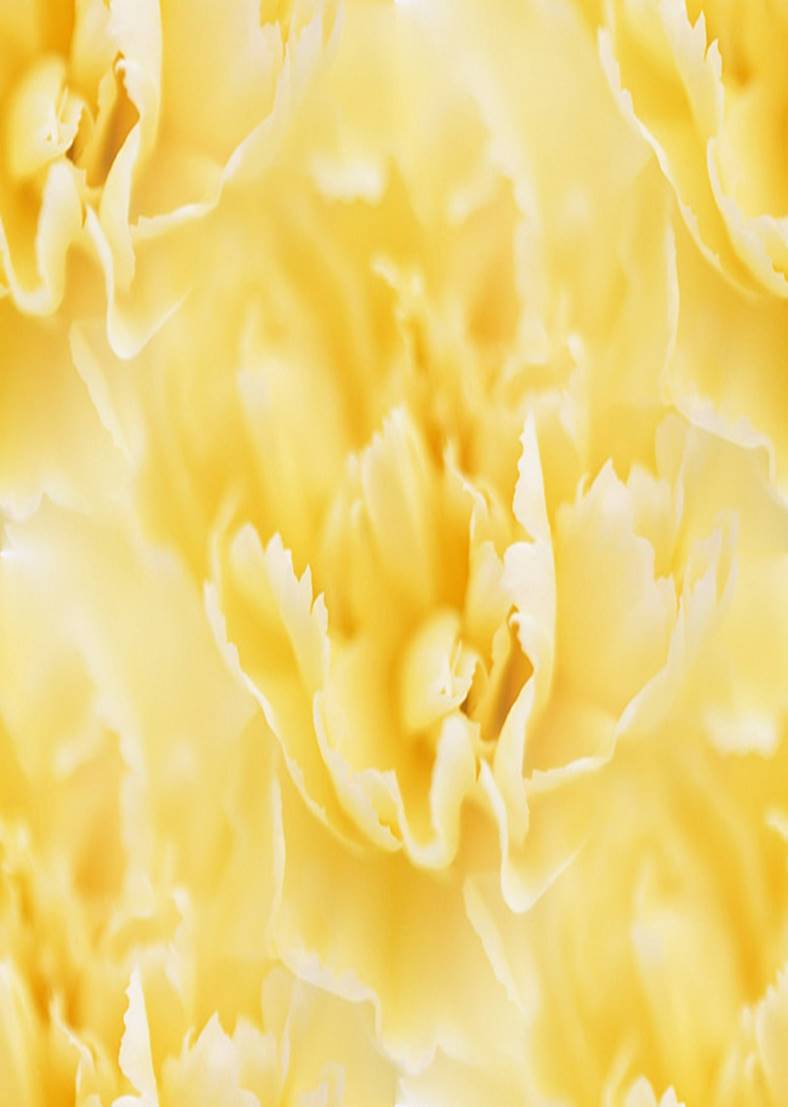 Учебник “Happy English.ru” для 7 класса, авторы К.И. Кауфман, М.Ю. Кауфман.
Учебник “Happy English.ru” для 7 класса, авторы К.И. Кауфман, М.Ю. Кауфман.
XI. Подведение итогов урока.
Учитель: Dear friends, our lesson is almost over. You've got marks, and you were very active, attentive and bright. We all live on the tiny fragile planet. Our life and health are closely connected with the environment. The main problem of the lesson is solved, now you know how we can protect our environment and what we can do for this. The lesson is over good-bye.
Домашнее задание: написать эссе по теме “Экология”
XII. Рефлексия.
Учитель: Что вы узнали нового на сегодняшнем уроке? Какие проекты вам больше всего понравились? Как бы вы поступили в определённых ситуациях?
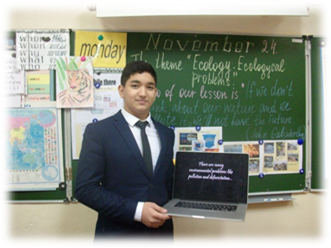
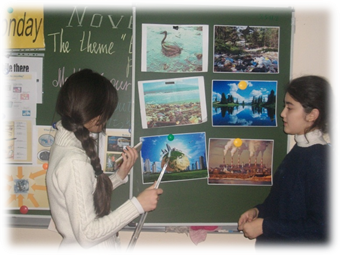
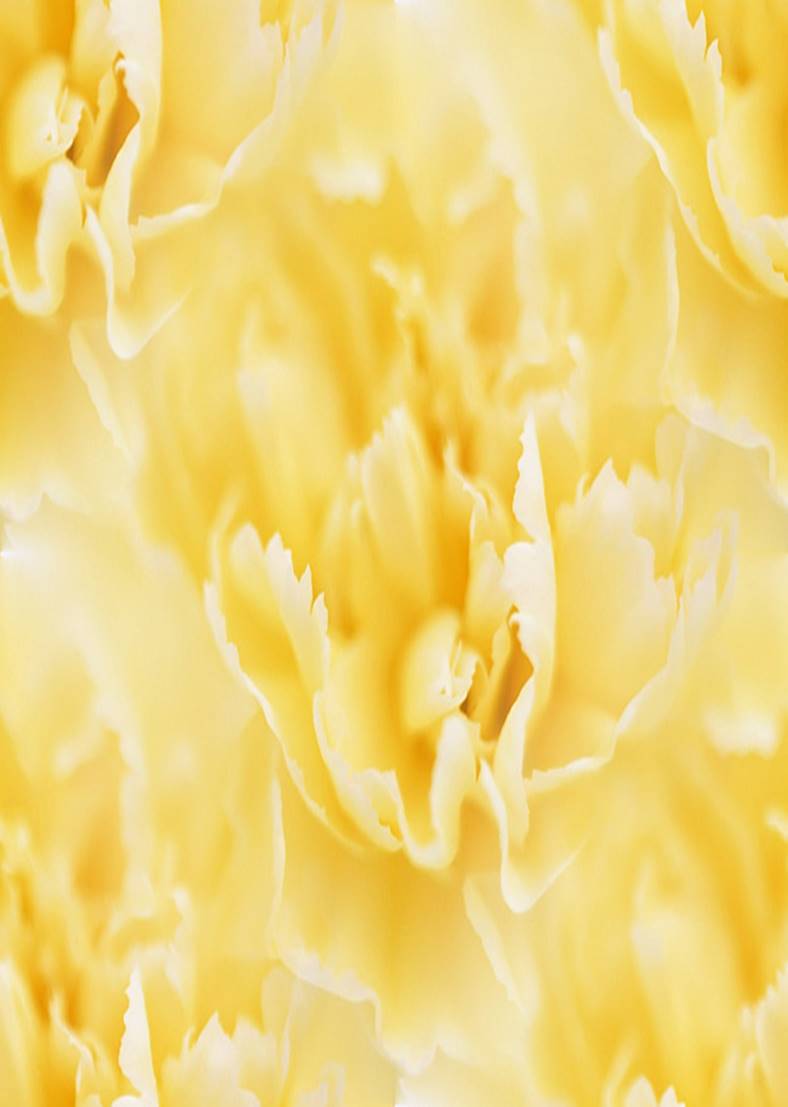 Тема урока: “Flowers in our life” .
Тема урока: “Flowers in our life” .
Задачи урока:
1) Образовательные.
a) систематизировать и обобщить знания учащихся по заданной теме.
b) закрепить и активизировать лексику на заданные темы.
c) повысить уровень коммуникативной компетенции учащихся.
2) Развивающие.
a) развивать у учащихся внимание, память, логическое мышление.
b) развивать творческие способности учащихся.
3) Воспитательные.
a) воспитывать у учащихся любовь к английскому языку и учебе в
Оснащение: картинки цветов; дидактический материал; магнитофон; макет цветочных часов; сообщения учащихся о цветах;
Методы: практический; словесный; наглядный.
Тип урока: урок закрепления знаний, умений и навыков.
Ход урока.
I. Приветствие учителя.
Good morning dear children! Look at me and smile. Ok. Thank you. How are you?
II. Речевая зарядка.
Хоровое чтение стихотворения:
I like flowers that are bright,
I like flowers that are white.
I like flowers with a nice smell,
That blossom in gardens so well.
III. Рассказ учителя о значении цветов в нашей жизни.
As you see today we shall speak about flowers. Flowers are paradise remains on the Earth. Nobody is in different going by splendid rose, charming lily or modest violet. Flowers are always with us from our birthday till our last days. They are with us in celebrations, sorrow and happiness. We meet guests with flowers. There are too many poems and songs about them.
IV. Чтение пословиц и их комментирование.
— Everything is good in its season.
— Tastes differ.
— There is no rose without a thorn.
V. Чтение текста. Ex 22 p131 “Twelve flowers of the year “.Student’s book V’’
VI. Физкультминутка. Упражнение для глаз.
VII. Составление схемы — время года, месяц, цветок.
Пересказ текста по плану. Ex 22p131
VIII. Исполнение песни «What a wonderful world».
I see trees-of green... red roses too
I see them bloom... for me and for you
And I think to myself… what a wonderful world.
I see skies of blue... clouds of white
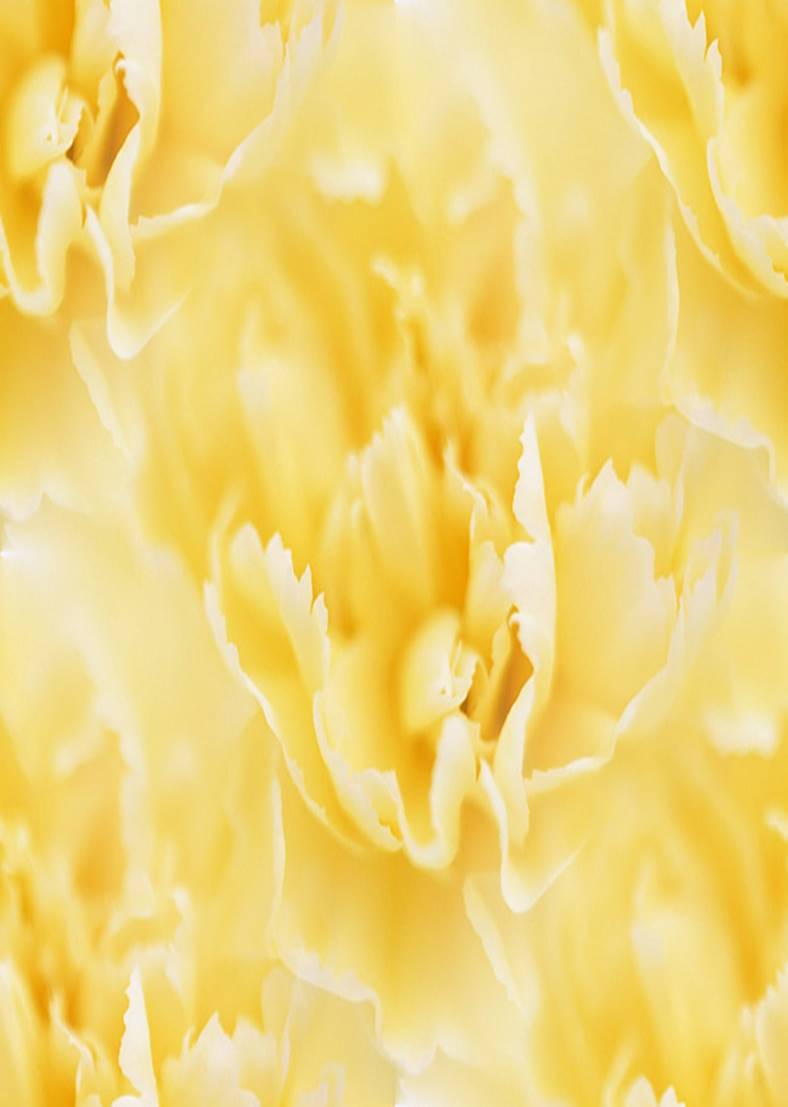 Bright blessed days... dark sacred nights
Bright blessed days... dark sacred nights
And I think to myself... what a wonderful world.
The colors of a rainbow... so pretty... in the sky
Are also on the faces... of people... going by
I see friends shaking hands... saying... how do you do
They’re really saying... I love you.
I hear babies cry... I watch them grow
They'll learn much more... then I'll never know
And I think to myself... what a wonderful world
Yes I think to myself... what a wonderful world.
IX. Работа над лексикой.
Хоровое чтение слов:
Creature — прекрасные создания.
Splendid — роскошный.
Elegant — элегантный.
Modest — скромный.
Snow-white — белоснежный.
Sweet — благоухающий.
Х. Беседа по цветочным часам.
В какое время цветы раскрываются и закрываются.(учащиеся заранее готовят свои рисун
ки для работы по цветочным часам).
ХI. Сообщения учащихся. Развитие монологической речи.
Some interesting facts about flowers:
1. Незабудка – forget me not means loyalty; there is a holiday in Luxemburg to forget me not and eternal love.
2. Колокольчик – bluebell means persistent and hope ness in blue bell flowers wicked witches live and it is a flowers of a devil.
3. Шиповник – wild rose means innocence.
4. Остролист – holly defends as from enemy, gives as power and long life.
5. Белая лилия – white lily means clearness, dignity, nobleness.
6. Примула – primrose who will eat its flowers can see invisibility.
7. Ромашка – daisy; gives as power.
Rare and unusual flower professions:
1. Ботаник – botanist.
2. Ландшафтный архитектор — landscape architect.
3. Фотограф-натуралист — photographer-naturalist.
4. Флорист — florist.
5. Специалист no лекарственным растениям — specialist on herbs.
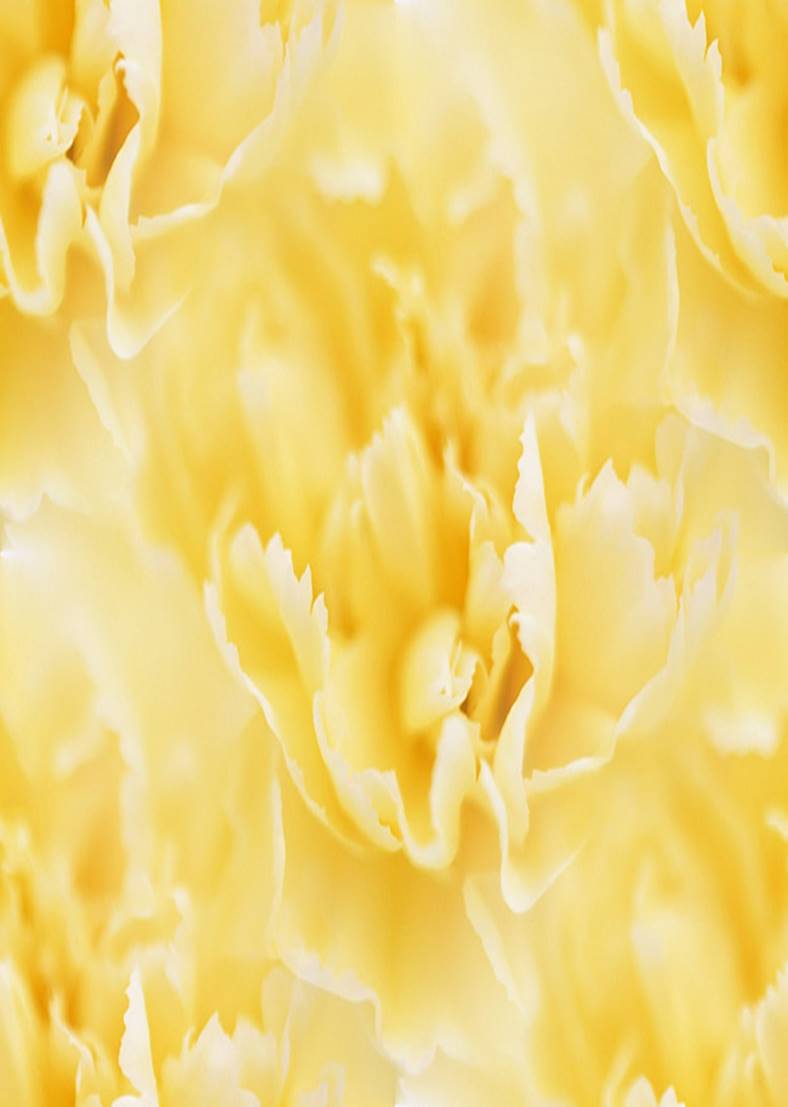 6. Цветочник-оптовик — flower sale dealer.
6. Цветочник-оптовик — flower sale dealer.
7. Мастер икебаны — master of ikebana.
8. Активист экологического движения — active worker of ecological movement.
9. Организатор цветочных выставок — organizer of flower exhibitions.
Do you now that:
1. Diane eats insects.
2. Plants may forecast.
3. Aloe blossoms only once in hundred years.
4. Clover is used in soups.
5. People make salads from violets.
6. People eat some flowers clover and nasturtium.
7. There is orchid-risanlella hasn’t leaves but they live under the soil 2m depth.
8. There are some flowers love salt.
9. The largest flower in the world is ruffles tuan - mude; it is very large, hasn’t leaves and they grow on the roots; it’s diameter — 1m; it smells as rotten meat.
ХII. Загадки о цветах.
|
1) We are pretty flowers You will find in May We blossom in woods And make them look gay. (violets)
2) Yellow as the sun Round as a ball, The children like it Best of all. (dandelion) |
3) Blue as the sky, In summer I grow, I’m a sweet flowers, As you all know. (bluebell)
4) In summer time we come Lovely and fair, To bloom in gardens And perfume the air. (rose) |
ХIII. Finish the phrases. Игровая форма.
1. As red as ... (a rose)
2. As white as ... (a lily)
3. As pretty as ... (a flower)
4. As round as ... (a dandelion)
5. As yellow as ... (a sunflower)
6. There is no ... without a thorn (rose)
ХIV. Объяснение домашнего задания н заключительное слово учителя.
Домашнее задание: подготовить сообщение о цветах ботанического сада г. Душанбе.
Dear pupils! Our lesson comes to an end. Thank you for your excellent work at the lesson, and for your interesting information. Love nature and nature will love you. Good bye.
Рефлексия.
1.What have you known about flowers? I have known …
2. We should care about plants …
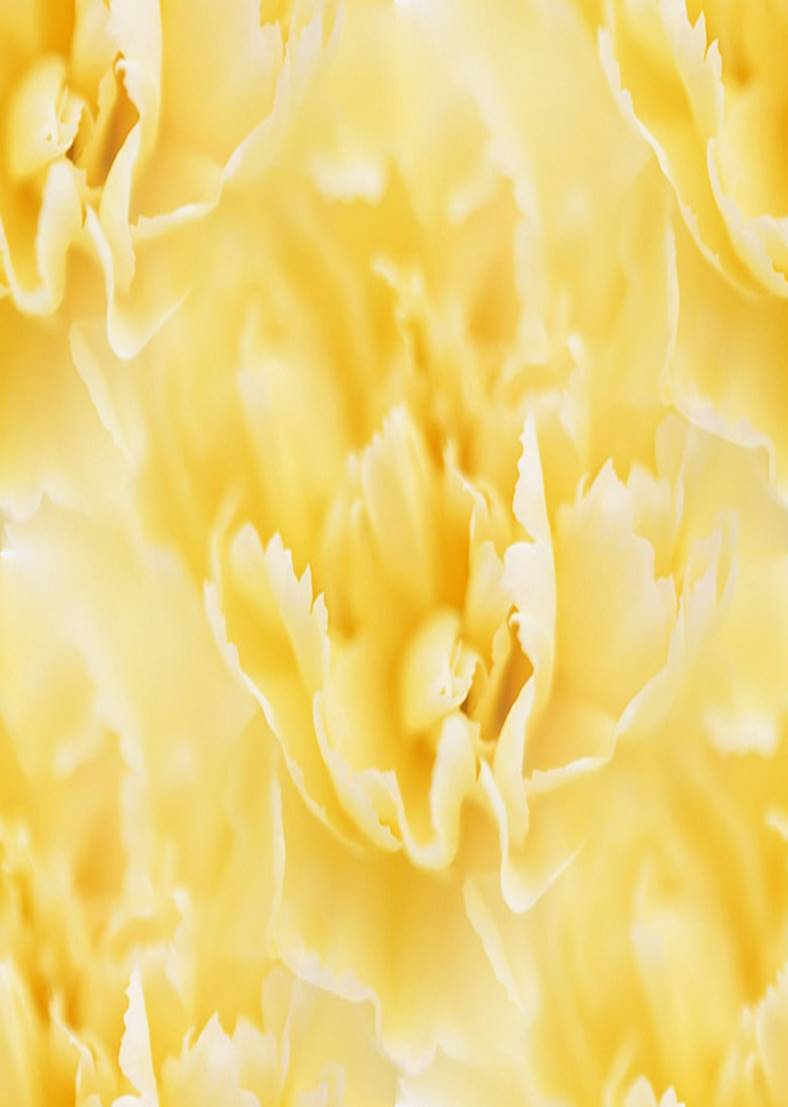
Тема урока ‘’ The protection of our nature’’.
Цель и задачи урока:
Учебный:
— Активизация в речи изученных лексических единиц и речевых образцов.
— Дальнейшие развитие коммуникативных умений для стимуляции речевого творчество каждого ученика.
— Совершенствование речевой активности, развитие практических речевых умений главное, находить ключевые слова и словосочетания.
Развивающие:
— Развитие внимания
— Развитие языковой догадки
— Обучение анализу грамматических структур
Воспитательные:
— Воспитание лингвистической компетенции учащихся и их познавательной деятельности
— Формирование у учащихся системы нравственных оценок
Оборудование:
— Рисунки ребят, flash -cards ТСО, проекты.
Тип урока: урок расширения словарного запаса и развитие коммуникативных навыков.
Ход урока.
I. Организационный момент. Приветствие.
Good morning children. I am glad to see you.
II. Ознакомление с целями и задачами урока.
Today children we are going to speak about the protection of our nature, animals and birds. Some children prepared projects and they are going to tell us very interesting information about birds and animals. Be active during the lesson and ask questions.
III. Фонетическая зарядка.
Учитель: Let’s sing a song «We shall overcome»
|
I We shall overcome Some day Oh, deep in my heart I do believe We shall overcome Some day |
II We shall live in peace Some day Oh, deep in my heart I do believe We shall overcome Some day |
Учитель: So please, answer my question children. Do you live in peace now?
IV. Чтение новой лексики.
Учитель: I am glad to hear that. And now I want to repeat the words.
(работа c flash cards, обратный перевод, составление предложений, nature, protect, protection, danger, kill, wild, domestic, ladybird, ant, daisy, to take care)
V. Чтение стихотворения
Учитель: Well done. Now we shall listen to the poem “If I were a bird”.
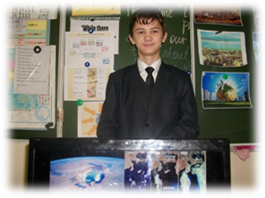
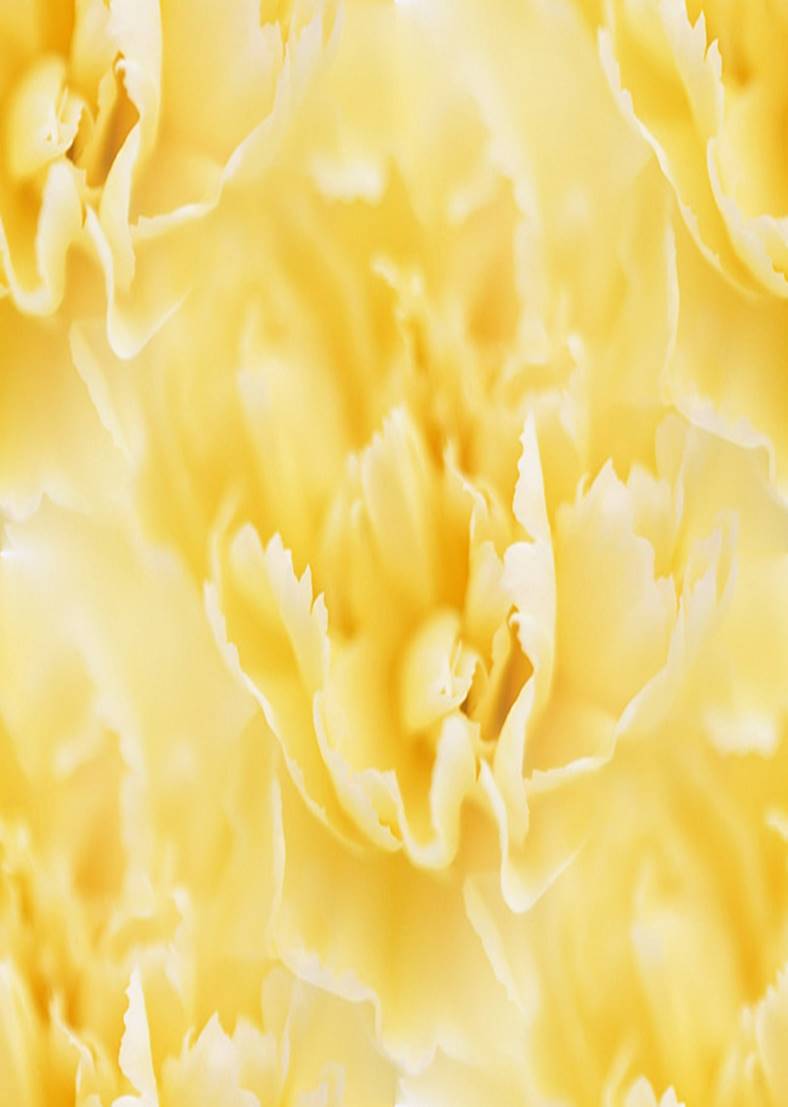 If I were a bird
If I were a bird
I wouldn't like to be
In a little cage
Where I couldn't be free
I’d want to spread
My winds and fly
Over the tree - tops
And into the sky
I’d visit my friends
Who live very far?
Then I fly up high
And sit on a star.
VI. Проверка домашнего задания и работа по картинке.
Учитель: Look at the blackboard and repeat the names of the birds. Please look at the picture and say which of them are wild and domestic. What do they feed on? Where do they live?
Учитель: We shall listen to the story about “Gorillas” and then answer questions.
1) Are gorillas a lot like humans?
2) What do they do when they are upset?
3) When do they smile?
4) How many, teeth have they got?
5) Are they large or small animals?
6) Who decides where will the family eat and sleep?
7) How does gorilla make a nest to sleep?
Учитель: Well done pupils. You were very attentive, while one of you was reading the text.
Учитель: Now let's speak about the animals on the blackboard. Tell me which of them are wild and domestic, where do they live? Which of them can we see in our Zoo?
VII. Тренировка в чтении стихотворения.
Учитель: Well done. Now let's listen to the poem “Don't kill the world”.
Don't kill the world!
Don't let the Earth down!
Do not destroy the ground!
Don't kill the world!
Don't let the Earth down!
Help her to survive!
Don't kill the world!
VIII. Обучение учащихся работе по картинке
Учитель: Well done. Now listen to the story “Picnic Surprise”, look at the picture and answer my questions.
1) Was it a summer or a spring day?
2) Who went on a picnic?
3) What's happened, when they get out of a car?
4) Why Jane was not afraid of the snakes?
IX. Физкультминутка.
Учитель: Well done: now children let's have a little rest.
Stand up
Hands up
Hands on the hips
Hands down
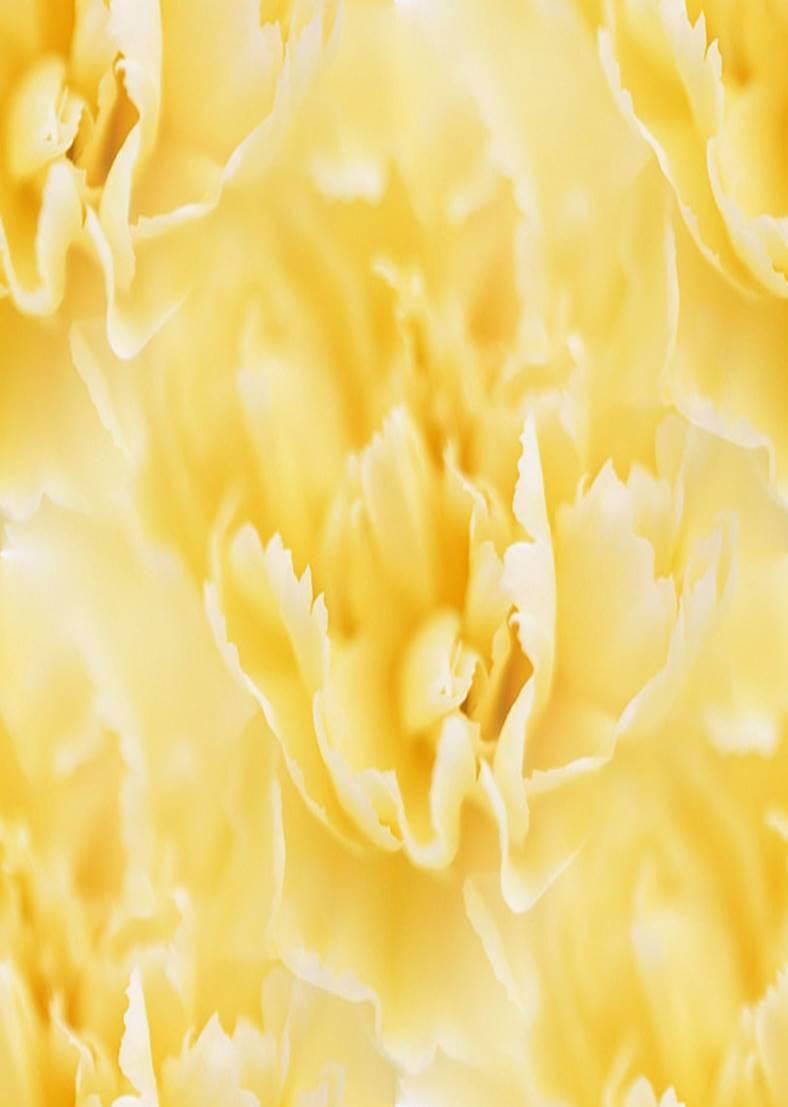 And sit down.
And sit down.
Учитель: Children here are the picture on the blackboard. Let's describe it. Who wants to describe the picture?
Примерный ответ учащегося.
It is summer in the picture. We can see children, fishermen, birds, frogs, flowers, trees, the lake, the sun, the dragon fly.
Учитель: Tell me if the sentences which I’m going to say: True, False or don’t know.
1) Boys are playing tennis.
2) There are no clouds in the sky.
3) We can see 2 dragon flies and three frogs.
4) A little girl is playing Lego.
5) Another girl is picking up flowers.
6) Two boys are putting a paper boat on the water.
7) Two men are sleeping in the boat.
8) Two birds are flying over the lake and 1 bird is sitting in the tree.
Учитель: Well done. Now I want you to listen to the stories about Betty Bee and hungry sail. Then I want you to answer the questions.
Betty Bee likes to fly on rounded things. First she flew on an orange. Then she flew on a leaf. After that she flew on a ball. Then she flew on a daizy flower. Then she flew on a button. And at last she flew to a bee house to sleep.
Учитель: Are you ready to answer?
Choose “a, b, c” say where Betty Bee flew.
Betty Bee flew on...
a) An orange;
b) A box;
c) A ball;
X. Тренировка навыков грамматики.
Учитель: There are irregular verbs on the blackboard, it's the Russian variant, give me three forms, please.
(To go, see, come, build, run, read, write, understand, be, begin, spend, and forget)
XI. Дополнительный материал по уроку.
Учитель: At last. Let’s play. Make as many words as you can from this table. There mustn’t be names and only one letter in the word.
|
o |
m |
e |
|
g |
t |
i |
|
s |
h |
n |
(some, thing, something, high, home, ton, time, get, men, ten, hot)
XII. Домашнее задание.
Учитель: Pupils, you worked very hard today. You’ve done a lot of tasks. Thank you for your work. Your marks are... Next time write 10-15 sentences about your favorite bird or animal. Our lesson is over. You can have a rest.
Рефлексия.
Мне было интересно узнать…
Сложно было ответить…
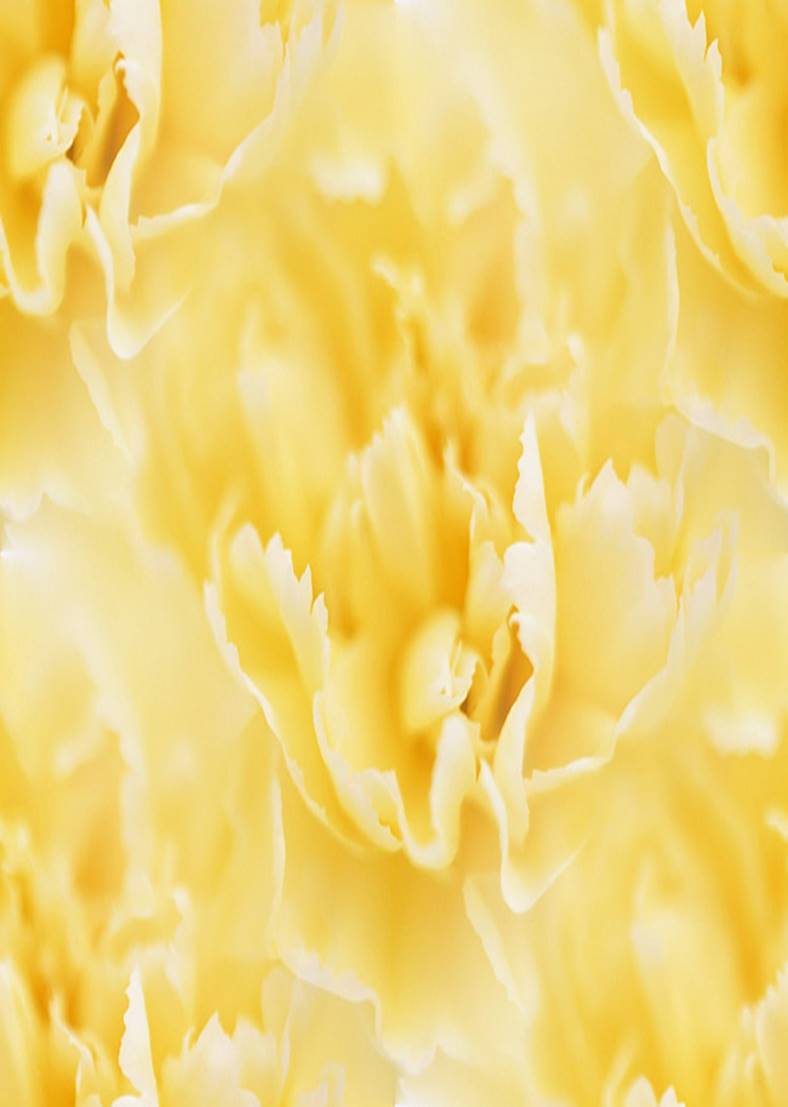 Я смогла
понять…
Я смогла
понять…
Тема урока: «All people are responsible for our planet» .
Цели урока:
1) Образовательная: активизировать употребление лексического материала по теме «Экология»;
2) Развивающая: развитие языковых, интеллектуальных и творческих способностей учащихся по теме «Экология»; расширение кругозора учащихся;
3) Воспитательная: воспитание нравственности, чувства любви к природе, заботу о ней.
Оснащение урока: учебник, проекты учащихся, компьютер, видеоматериал, DVD, таблица для релаксации.
Методы обучения: практический, словесный, наглядный.
Тип урока: освоение нового материала.
Ход урока
I. Приветствие учителя. Объявление цели и задачи урока.
Учитель Today we will speak about nature and our Earth
II. Фонетическая зарядка.
Walking along feeling tree
Feeling the Earth here with me
And I love her, she loves me
I hug the Earth hugs me
She’s our friend; we’d like to be together forever
How do you like the earth?
How does the earth love us?
Учитель:
Contact with nature enriches man’s soul. Poets teach us to love nature, to notice the beauty of flowers, trees and streams, of star in the sky.
This is our Earth. Only half of the land is habitable. The population of the Earth becomes larger every year, but the Earth doesn’t become larger. That’s why we should care of the Earth, save it clean and nice.
III. Учитель:
Let’s discuss ecological problems and find ways to protect the Earth. Let’s speak about environmental problems.
|
|
|
Сообщение учащихся по теме:
Student1. For a long time people paid little attention to the environment. The air was pure and
clean. Then people began to build factories, cars, which put a lot of harmful gases into the air .
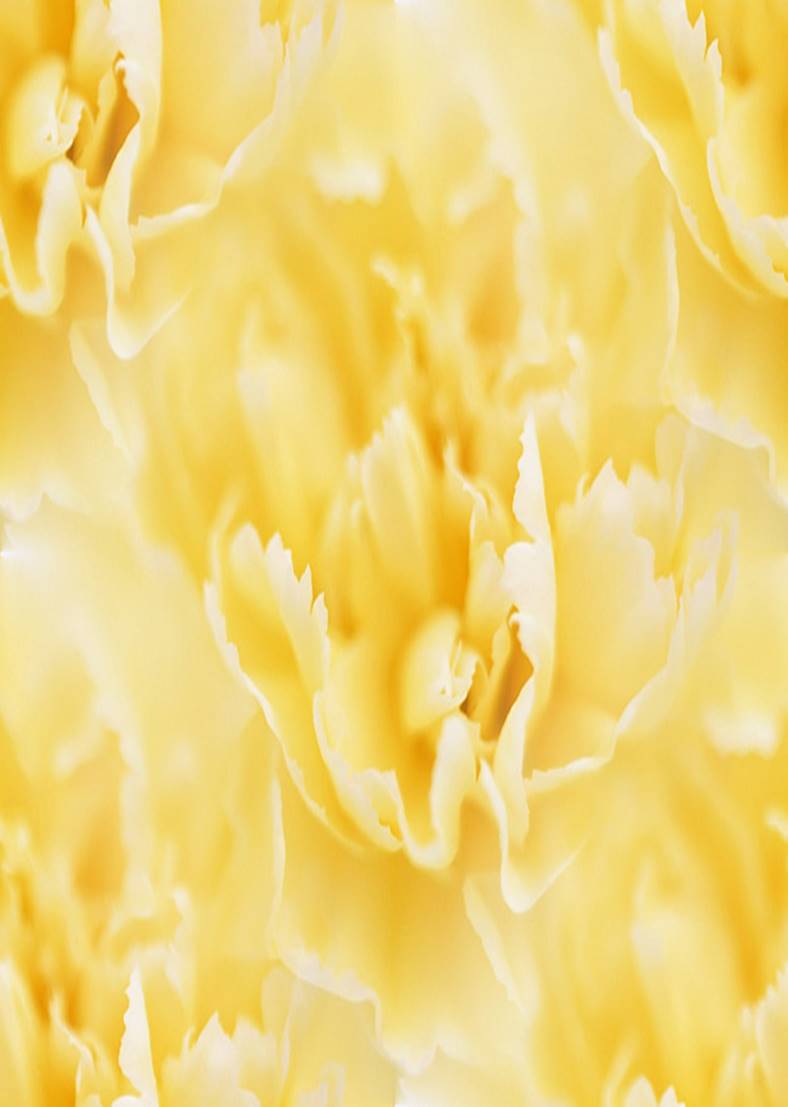 Today
the air is so polluted in some places that it is not always safe to breathe.
Today
the air is so polluted in some places that it is not always safe to breathe.
Student2 . I agree with you . We live in a big city where there are many plats and factories .
Waste from factories , electric power station , the chemical industry is very dangerous .
This dangerous waste goes into the air and winds carry it for long distances .
Student 3. In many big cities air is filled with “smog”. The air looks brown .
Polluted air is bad not only fr people and animals , but for trees and plant .
Student4. Railways also polluted the air. We know that noise is a special kind of environmental
Pollution by the waste of the railway transport.
Student5. When plants burn coal to make electricity, and when cars burn gasoline, invisible
Gases get into the air . Some of the gases can mix with water and make it acidic. Sometimes
The gases can mix with water and make it acidic . Sometimes the gases get into rain clouds,
Where they mix with rain or snow. It is called acid rain.
Student6 I know that acid rain is very harmful to plants, rivers and lakes, forests. And it
Pollutes water that people and animal need to drink.
IV. Учащиеся называют проблемы окружающей среды. Развитие речи учащихся.
Учитель: Each of us must do everything possible to keep the land, air and water clean. What are the names of the environmental problems of today?
Littering
Air pollution, smog
Water pollution
Overpopulation
Destruction of natural resources
Ozone holes
V. Чтение и перевод пословиц о природе:
1. A cat in glows catches no mice. (Без труда не вытащишь и рыбку из пруда.)
2. A bird in the hand is worth two in the bush. (Не сули журавля в небе, а дай синицу в руки.)
3. To make a mountain out of molehill. (Делать из мухи слона.)
VI. Конкурс “Загадки”:
1. Hops and hops and never stops. (a grasshopper);
2. What is the fastest of all animals? (a cheater);
3. How long does the mouse live? (it depends if there is a cat);
VII. Аудирование. Прослушивание текста и ответы на вопросы.
We live on the Earth. This planet is our home. We want our home to be clean and new. We want to see blue seas, green trees and clear sky. We want to breathe clean air. If you care about your planet don’t make it dirty. Don’t leave plastic bags, bottles, cans, newspapers in the streets, parks, forests. Pick up the litter if you see it. Remember that the future is in our hands.
[1]. What planet do we live on?
2. Do you want our home to be clean and new?
3. Is it nice to see blue seas and green trees?
4. Do you want to breathe clean air?
5. Is it good to make our planet dirty?
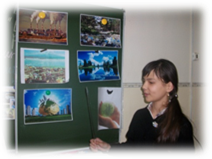 6. Where
must you leave cans and plastic bags?
6. Where
must you leave cans and plastic bags?
7. Do you usually leave newspapers in the streets?
8. Must you pick up litter if you see it?
9. Can kids help our planet?
10. What must they do?
VIII. Динамическая пауза.
IX. Fill in the missing words.
We ... on the Earth. This planet is cur ... . We want our home to be clean and new. We want to see blue ..., green trees, clear sky. We want to breath clean ... if you care about your ..., don’t make it dirty. Don’t leave plastic bags, bottles, …, newspapers in the streets, ... , forests. Pick up the litter if you see it. Remember that the future is in our.... (Live, seas, air, health, litter, near the rivers, hands).
X. Закончите предложение.
We must ….
Nobody will help us and our planet if we ….
XI. Переведите предложение:
«Мы верим, что забота об окружающей среде сделает мир лучше>>.
XII. Подведение итогов урока, комментирование оценок.
Домашнее задание: ex 5-6 p110.
Рефлексия.
Я освоил…
Мне понравилось…
Мне бы хотелось…
Было интересно…
Тема урока: “We love our World” .
Цели урока:
1) Образовательные: развитие лексических навыков, развитие навыка диалогической и монологической речи.
2) Развивающие: развитие логического мышления, развитие объёма памяти, развитие способности к логическому изложению содержания, формирование направленного интереса к учению, развитие умений учебного труда.
3) Воспитательный аспект: формирования ответственного отношения к природе, воспитание правильного экологического поведения.
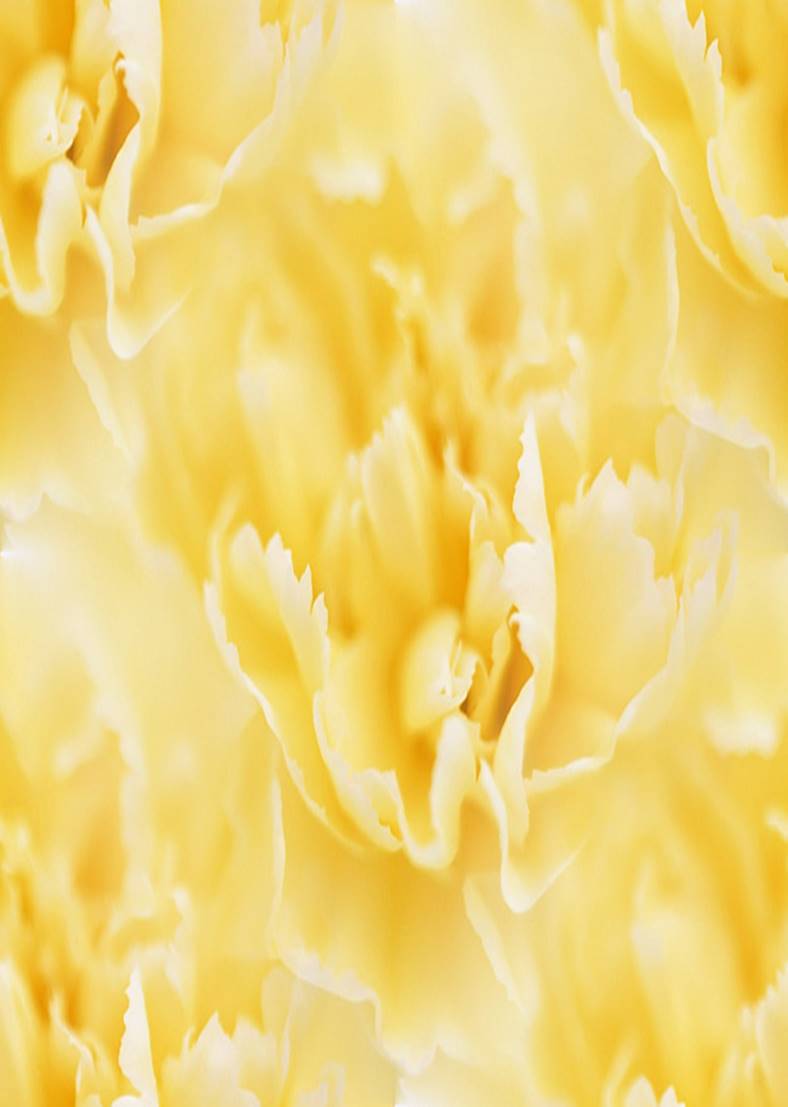 Тип урока: обобщающий урок,
закрепление по теме “Защита окружающей среды”.
Тип урока: обобщающий урок,
закрепление по теме “Защита окружающей среды”.
Формы работы: индивидуальная, фронтальная, парная, групповая.
Методы и приемы: метод беседы, метод исследовательских заданий, метод диалогического изложения, метод монологического изложения.
Материальное обеспечение к уроку: аудиозапись , магнитная доска, опорные карточки, картинки с видами природы, работа ученика, фотографии, плакаты, учебник.
Ход урока
I. Организационный момент.
Звучит песня Майкла Джексона “We are the World”.
Учитель: Children, you’re just listened the song of Michael Jackson “We are the World, we are the Earth”. These words are the theme of our lesson. Let’s speak about our land. Its problems. And we try to explain some problems, please.
Ученик называет все проблемы: Pollution, litter, destruction, extinct, habitat, living creatures, air, water, soil, ozone, layer, greenhouse, effect.
II. The train of ecological vocabulary.
Развитие устной речи. Дать определение следующим предложениям.
|
1) Plants, animals, people. 2) Keeping the nature clean. The wise use of environment. 3) Too many people in one place. 4) Destroying everything around you. 5) Making air, water, land a dangerous place. 6) All around us-all living things, climate, air, water, soil. |
a) Environment. b) Pollution. c) Destruction. d) Overcrowding. e) Conservation. f) Living things. |
III. Монологическое высказывание по тексту стр.118.
“Animals in danger”. Учащиеся отвечают на следующие вопросы по тексту:
1. What does the life of the people on Earth depend on?
2. Why are some animals and birds disappearing nowadays?
3. Is the water polluted?
4. Is then much place to live in?
5. What do the animals suffer of?
Несколько учащихся пересказывают текст после ответов на вопросы.
IV. Работа по картинкам. Учащиеся описывают картинки.
What do the animals worry about?
Ученик 1, 2, 3…
1. Animals are frightened.
2. The water is polluted.
3. Much litter is left.
4. Animals suffer much because of pollution.
5. There is not much place to live. The habitat is poor.
6. The animals suffer because of the bad air, dirty water.
V. Составление предложений учащимся с использованием речевых клише.
I think, I am sure, I believe, I consider, I don’t think, I am not sure, I don’t believe.
Ученик 1, 2, 3…
I think the land is overcrowded.
I suppose people should not pollute the land.
VI. Обсуждение экологической ситуации. Выступления учащихся. Развитие устной монологической речи по следующим под темам:
1) Cleaner rain;
2) Dirty water;
3) Good energy news;
4) Air care;
5) Trash
Dirty Water: nearly half of lakes in North America are polluted . Often, companies dump chemical wastes into water. But scientists are finding a solution to this problem ,too.
Some rivers have been made much cleaner. And there are big plans to clean up the Great Lakes ,
The Chesapeake Bay, the Mississippi River , and other bodies of water.
Air Care: Worldwide, the stinky problems of pollution have grown. More and more factories,
Cars and trucks add their bad breath to the air .But the battle against air pollution is also growing
Many U.S. cities still have dirty air. So most states are making tougher laws against air pollution
And scientists are looking for ways to make factories and cars run cleaner.
Cleaner Rain: Chemicals called sulfates puff out of coal-burning factories around the world .
When the sulfates mix with clouds , acid rain falls and harms lakes , rivers and plants-and the
Creatures that need them . Also , the wind blows the air around . So, sulfates from one place can
fall as many miles away.
Animals in Danger: People have lived on our planet for many years .
They lived and live on different continents in different countries. People depend on their planet
, on the sun , on animals and plants around them . Today let’s read and speak about some animals
On our plant the Earth.
Many animals and birds on the Earth are disappearing. Many of them are in danger. Indian
Tigers and African elephants are among them. People have hunted and killed many tigers
In India and a lot of elephants in Africa .Tigers and elephants are often dangerous animals .
Tigers can kill cows, sheep, and often dangerous animal and sometimes they can also kill men.
Some people are afraid of tigers and for and kill them to save their domestic animals and their
Lives. But some people have often hunted tigers for fun and for their beautiful skin. The can
Easily sell the skin and get a lot of money as the prices are high. People must take special care of
Them all..
Good Energy News: When we burn coal and oil for energy, we cause pollution. But little by
Little we’re getting more energy from the sun and the wind. This energy is clean and renewable
that means we will never run out of it. Energy from the sun now helps heat and light more than
100,000 homes in the United States. More good news; many electric companies have discovered
That saving energy is better than making more energy.
VII. Ролевая игра. What do we do to keep the Earth clean?
Учащиеся по цепочке отвечают на вопрос с разными ответами.
I don’t cut trees. I don’t make fires. I plant trees. I don’t smoke. I don’t catch butterflies. I save energy and water. I water home flowers every day. We always leave the place clean when we hike…
VIII. Динамическая пауза.
IX. Защита постеров. Составление экологических правил.
Учитель: Now children let’s make the Code of the for all people of our Earth.
Учащиеся по одному выходят к доске и записывают правила на доске и в тетрадях:
Code of the Ecological Rules.
1) Don’t break trees.
2) Don’t leave litter.
3) Keep the country tidy.
4) Keep dogs under control.
5) Put litter away.
6) Grow trees and flowers.
7) Don’t cut wild flowers.
8) Don’t burn fires.
Учитель: Children! Our lesson is over, in conclusion I’d like to tell you that the protection of our Earth is everybody’s business.
The English writer J. Galsworthy said;
“If you don’t think about the future you will not have it.” Let’s think about the future. Let’s save our Earth for ourselves and for our next generations.
Х. Подведение итогов урока и выставление оценок за урок.
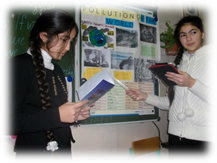 ХI.Объяснения домашнего задания. Нарисовать
рисунки по теме урока. Написать эссе.
ХI.Объяснения домашнего задания. Нарисовать
рисунки по теме урока. Написать эссе.
Ученики; I want to live and not to die
I want to laugh and not to cry
I want to feel the summer sun
I want to sing when life is fun.
Рефлексия.
Тема урока: “Our planet is in danger”
Цели: Формирование лексических навыков чтения и говорения: формирование грамматических навыков говорения структуры neither, nor; развитие языковой догадки.
Задачи урока:
Образовательные: активизировать и расширить потенциальный словарь учащихся по теме: «Окружающая среда».
Развивающие: развивать умения учащихся читать аутентичный текст с общим охватом содержания, развивать умение устной речи по теме. Воспитательные: воспитывать любовь к природе и окружающей среде.
Тип урока: урок закрепления знаний, умений и навыков.
Формы работы учащихся: индивидуальная, фронтальная.
Оборудование и дополнительный источник информации, учебное пособие, ситуативные картинки, flash cards.
Ход урока
1. Организационный момент. Приветствие. Проверка готовности к уроку.
2. Фонетическая разминка (на отработку новых слов). На доске в столбик записаны слова с подчеркнутыми буквами. Among, High, Deep, To save, Hide, Fresh. Now write the phonetic symbol of the underlined letters. Работают у доски и записывают звуки.
[^] – among
[ei] – save
[ i:] – deep
[h] – hide
[S] – fresh
These two letters aren’t pronounced – high.
3. Речевая разминка.
Now use the new words from the blackboard and translate the sentences from the Russian into English.
- Птица летела высоко в небе.
- Эверест – самая высокая гора в мире.
- Байкал – глубокое озеро.
- Люди зависят от своей планеты, животных и растений вокруг них.
- Люди должны защищать животных и беречь планету.
- Современная жизнь вредит диким животным.
- Люди охотятся на диких животных в Африке.
4. Проверка домашнего задания.
Ex. 25, p 121. Инсценировка диалога наизусть. Учащиеся парами пересказывают диалоги. Затем на основе этих диалогов они разыгрывают свои новые диалоги в парах. Пересказывают три пары.
1.-How do you like your coffee? Would you like it black or white?
-White coffee, please.
-How many lumps of sugar?
-No sugar, thank you.
2. What would you like for breakfast?
-Would you like eggs?
-Certainly. I like eggs very much.-How would you like them soft-boiled
Or hard – boiled?
-Soft boiled, please.
3.-Could you pass the butter, please?
-Yes, here you are. What about cheese?
-No cheese, thank you.
5. Введение новой лексики по теме: “Animals in Danger”
На доске записаны предложения, которые учитель просит прочитать.
1. Protect wildlife, plants and trees.
2. Do not kill animals.
3. Do not take flowers and plants.
4. Help to keep all water clean.
5. Please be quiet, don’t cry.
Учащиеся по цепочке зачитывают предложения.
Учитель: Well done. Today we’ll speak much about ecology and now to protect our nature. Now we’ll learn some new words. На доске записаны слова: among, high, deep, to save, to hide, fresh.
Учащиеся читают слова, с помощью предложений без словаря догадываются о значении этих слов.
6. Физкультминутка. Are you tired? Stand up please! Let’s do some exercises.
7. Формирование лексических навыков говорения.
A quiz. What kind of camper are you? Choose you answer.
1. At the weekends you normally….
a) Spend a day on the sofa and watch TV.
b) Spend your time with friends.
c) Walk your dog or go jogging.
2. Which character do you like best?
a) Harry Potter
b) Robin Hood
c) Peter Pan
3. You are lost in the forest. What will you do?
a) Climb a three and cry
b) Sit on the ground and wait for help
c) Use a compass and try to find the way.
4. You are camping near the lake. There is not water, but you want to wash you hair.
a) You won’t wash your hair and wait for your cosy bathroom.
b) You’ll warm up some water in the cauldron and ask somebody to help.
c) You’ll wash your hair in the lake.
5. What is fun about sleeping in the tent?
a) It’s not my idea of fun.
b) You can have a good fight and a good laugh in a tent.
c) It’s a good for you to sleep in the open air.
6. You are camping. You get up early in the morning. Everybody is still asleep. What will you do?
a) Read a book
b) Cook a breakfast
c) Make the campfire
7. You are going by car, so you can take one heavy thing with you. What will you take?
a) A TV
b) A cassette recorder
c) A boat
8. When you are camping, your backpack is normally very heavy because you are carry
a) A lot of warm clothes
b) A lot of nice snacks
c) A lot of things for your friend
9. When you get home after camping what is the first thing you do?
a) Go to the bathroom and have and have a long hot bath.
b) Phone all you friends and tell them all about your adventures.
c) Go to the kitchen and have something to eat.
8. Знакомство со структурой neither, nor. Look at the blackboard and read two sentences.
- I like apples. I like bananas. It means I like both apples and bananas.
Teacher: When you want to say that you don’t like apples or bananas.
9. Закрепление структуры.
Look at your book on p. 114 and translate the sentences with neither, nor.
Учащиеся читают и переводят предложения со структурой neither, nor.
1. We need both fruit and vegetables.
2. They play both the guitar and the violin.
3. The group has explored both the land and the ocean.
4. I will go to both Canada and Australia.
5. She drinks both water and coffee after lunch.
6. Yesterday both Jack and Steve ate pancakes and sour cream.
7. Ann and Jill both are found of honey.
10. Подведение итогов урока. Учитель подводит итоги урока и оценивает работу учащихся за урок.
11. Домашнее задание.
L. 8, ex. 11, 16 (learn the poem by heart)
Рефлексия.
It seems to me…
I have taught…
Тема урока: Save our planet.
Цели урока:
Образовательные: совершенствовать лексические навыки говорения; развивать речевые умения на основе творческого использования усвоенного материала (монологическая форма речи), совершенствовать грамматические навыки.
Развивающие: развитие устной монологической и диалогической речи.
Воспитательные: развивать умение самостоятельно мыслить.
Тип урока: урок устной речи.
Ход урока:
1. Организационный момент. Приветствие и объявление целей урока.
Good morning, boys and girls! Today we’ll speak about disappearing animals of your planet and try to use Past Indefinite and Past Continuous in different sentences.
2. Фонетическая зарядка.
Look at the blackboard and read the words. Учитель открывает слова первого столбца.
Separate, National, Save, Deep, Use, Hide, Fresh, Explore, Rise, foreign, set (второй столбик слов: people, river, words, air, sailor, country, work)
Учитель: Arrange the words into two groups. (verbs, adjectives).
Then read only verbs. Repeat the words after.
Pupil 1.
Find the irregular verbs and give the three forms of them (hide-hid-hidden, set-set-set, rise-rose-risen)
3. Речевая разминка.
Учитель открывает слова второго столбика. Now let’s make up words combinations. Match right with left. (a national flag, separate the continents, a deep river), to use the words, to hide things, fresh air, to explore the Moon, to set late, to rise in the morning)
4. Совершенствование лексических навыков говорения.
Now open your books on p. 122. Let’s review how to use these words and word-combinations in different sentences.
Учитель по своему усмотрению выбирает упражнения с 1по 6 для повторения изученной лексики.
5. Проверка устного домашнего задания.
And now let’s remember the reports about the Animals in danger that you prepared at home. Finish my sentences, please. Работа по тексту ex. 5, p. 111.
- People have lived on our planet…(for many year)
- People depend on…(the seen, animals and plants)
- Many animals and birds are…(disappearing nowadays)
- Indian tigers and African elephants…(are among them)
- Tigers can kill…(domestic animals and sometimes they can also kill men)
Учащиеся высказывая свое мнение, используют клеще: I think, to my mind, in my opinion.
Pupil 1. People have lived in our planet for many years. They lived and live on different continents in different countries. People depend on their planet, on the sun, on animals and plants around them. Today let’s read and speak about some animals on our planet the Earth
6. Физкультминутка.
7. Развитие речевых умений.
На доске записаны основные вопросы, касающиеся описания животных, которые подверглись опасности.
- Name
- Area of living (in the forests, fields, seas, rivers, lakes)
- Size (big, small)
- Food (grass, plants, nuts, fish, wild, animals, leaves of the trees)
- Relation with Man (people use them for sport-horse races; for food – meat, milk, eggs; for clothing: wool, fur, skins; for works: for laboratory tests)
- Changes of population
- Protection measures
Учитель вместе с учениками читает план с доски и обсуждает каждый пункт плана, обращая внимание о чем следует в нем говорить, а также приводя примеры с разными животными.
Ученики в группах составляют рассказы о животных по своему выбору.
Примерный рассказ
Many animals and birds are disappearing nowadays. Many of them are in danger. White bears among them. They are very strong animals. They are one of the biggest wild animals in the world. They are live in the north of our country on the bands of the Arctic Ocean. White bears eat fish and sea animals, as sea hairs. People who live in the worth are afraid of them. But usually bears are not aggressive to people and can’t kill them…
Учащиеся рассказывают свои рассказы по отдельности или в группах.
8. Совершенствование грамматических навыков.
Учащиеся повторяют правила употребления двух времен в сравнении Past Indefinite or Past Continuous. Take the cards and we’ll do the task. You task is to open the brockets, use the tenses.
Учитель раздает карточки с упражнениями на раскрытие скобок.
- They (to meet) at the station two hours ago. (met)
- Where you (to spend) last Saturday. (did you spend)
- I (to play) the violin when my friend (to come in). (was plying, came)
- When they (to sail) down the river, they (to see) a little island.
- My mother (the cook) dinner from three till tour dour yesterday.
- She (to finish) cooking at four o’clock yesterday.
9. Подведение итогов урока и выставление оценок за урок.
10. Домашнее задание L. 8, ex. 21 (learn to write the words)
Рефлексия.
Мне понравилось…
Мне бы хотелось…
Тема: Man and nature world.
Цели:
Образовательные: развивать навыки монологической русской речи, активизировать ранее изученную лексику по теме: «Экология»
Развивающие: развивать интеллектуальные способности учащихся.
Воспитательные: развивать самостоятельность мышления, проявить любовь к близким.
Тип урока: повторение и закрепление полученных знаний по теме урока.
Оборудование: учебное пособие, раздаточный материал, flash cards, аудиозапись.
Ход урока
1. Организационный момент. Приветствие, сообщение ученика дежурного, проверка готовности к уроку.
2. Объявление цели и задачи урока.
Учитель: Today we’ll speak about “Ecology”. The motto of our lesson can be the words “Better to give than to take”.
3. Фонетическая разминка.
Коллективно за диктором повторяют слова и предложения, стихотворение “He loves the Ocean” ex. 8 p. 56. (учебник 6, автор: О.В. Афанасьева). После повторения и прослушивания выполняют задание where she or he would like to live in town or in the country. Explain your choice.
He loves the ocean. He likes the country.
He loves the sky. He loves the clouds.
She loves to travel. She likes the city.
She loves to fly. She loves the crowds.
4. Речевая разминка.
На доске записаны следующие словосочетания. Учащиеся читают и переводят (самый лучший вариант перевода) с английского на русский язык.
war a problem
Nuclear: weapons To solve: a riddle
energy a difficulty
power a puzzle
goods
weapons
Shortage of: food
water
workers
Ядерная война Решить проблему
Ядерное оружие Преодолеть трудности
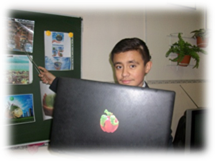 Ядерная энергия Решить
кроссворд
Ядерная энергия Решить
кроссворд
Ядерная сила
Нехватка товаров
Нехватка оружия
Нехватка еду
Нехватка воды
Нехватка рабочих
5. Чтение и работа по тексту “This fragile planet” ex. 21 p. 64 (6 учебник, автор: Афанасьева О.В.)
А) читают текст самостоятельно с охватом полного понимания текста.
Б) Find in the text and read out English equivalents of these words and word combinations:
- жить в условиях города.
- решать проблемы окружающей среды.
- загрязнение водной среды.
- загрязнение воздуха.
- уничтожение живой природы.
- нехватка природных ресурсов.
- использовать в качестве мусорной свалки.
- проводить испытания ядерного оружия.
- покидать места своего обитания.
- Промышленные и ядерные отходы.
To live in a town environment
To solve the environmental problems
Water pollution
Air pollution
Destruction of wildlife
Shortage of natural resources
Used as a dump
Tests nuclear weapons
Leave habitats
Industrial and nuclear waste
6. Активизация лексических единиц в речи.
Учащиеся отвечают на следующие вопросы из текста.
- What does the word in environment mean?
- What are the most serious environmental problems?
- Why is it dangerous to dump industrial waste in the sea?
- Where does air pollution in the cities mostly come from?
- Why are the nuclear power stations dangerous?
7. Развитие устной монологической речи учащихся.
Учащиеся пересказывают вкратце о следующих проблемах по плану, по тексту.
- People destroy many habitats of animals.
- Nuclear power stations can came a lot of trouble.
- Man should save ecological problems as soon as possible.
- Nowadays there are a lot of environmental problems.
8. Развитие речевых умений учащихся в диалогической форме речи.
Работают в парах. Задают друг другу вопросы, чтобы узнать о следующем:
- What he/she does to keep fit
- What he/she does when he/she falls ill
- If he/she goes in for sports
- What kids of sports he/she prefers
9. Фонетическая разминка.
10. Совершенствование навыков Аудирование.
Учащиеся прослушивают диалоги. Учитель проверяет понимание этих диалогов через вопросно-ответную работу.
- Where does the first person invite his friend? (For dinner)
- When does the first person invite his friend to a party? (Tonight)
- When will they meet? (At the 12 o’clock)
- Where do they want to go? (To the park)
- does the second person accept or refuse invitation? What does he say? (he says: “all right”)
- How does the first person invite his friend to the disco? (He says: “I feel like going to a disco tonight)
11. Чтение диалогов за диктором.
Учащиеся слушают диалоги снова. Соблюдают и запоминают ударения и читают за диктором. Ex 9 p.113. Учебник 6 класс Афанасьева.О.В
12. Подготовка чтения в парах.
Учащиеся по цепочке читают диалоги в парах. Остальные учащиеся оценивают чтение, обращая внимание на интонацию.
13. Итоги урока. Выставление оценок.
14. Домашнее задание. Выучить диалоги наизусть. Составление своих диалогов, выбрав одну ситуацию.
15. Рефлексия.
I hope…
People should…
We must…
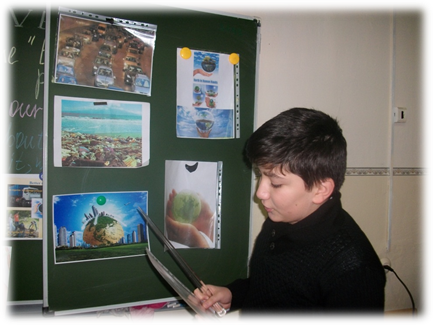 |
Скачано с www.znanio.ru
Материалы на данной страницы взяты из открытых источников либо размещены пользователем в соответствии с договором-офертой сайта. Вы можете сообщить о нарушении.